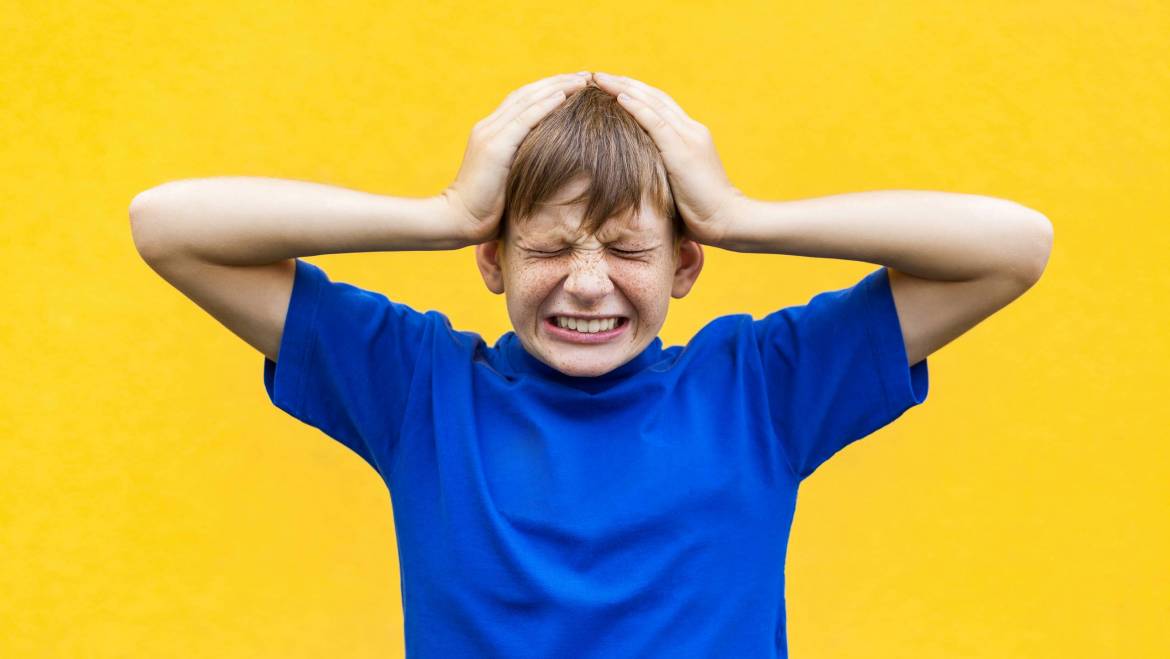See Part One about treating a boy with angry outbursts
Questions to ask before considering treatment for anger problems
There will often be significant underlying issues which need to be discussed before treatment begins
Does your child have any diagnosed disorders which could account for angry outbursts?
For example children with ADHD can display, amongst other things, great impulsivity, frustration intolerance and angry outbursts
Being on the Autistic Spectrum can cause many children to appear unfeeling and unsympathetic to other people but this is not intentional. It is a question of not understanding the social norms which can be of great importance to people who are not on the spectrum. They too can have an intolerance to frustration and may be very quick to anger
Treatment is always individual
In both of the above cases it doesn’t mean that a child can’t be helped with hypnotherapy but it does mean that I may need to approach things in a different way. It also may mean that a child may need more sessions than someone without these particular problems.
NB If a therapist has doubts it may be safer to refer to a therapist who has more specific experience in dealing with these, and other, disorders
Discover possible origins of the problem … this can be crucial
Has he always been this way? When did it start? Has he been upset, treated badly, bullied, suffered any kind of trauma?
What are the family dynamics? Are other people angry in the house? Is it learned behaviour?
What is he learning from his peers at school? Is he being bullied?
Any (recent) changes? For example a new baby, recent illness or bereavement in the family, marital difficulties, recent house move, problems at school, academic difficulties, changes with friendships, too much (or even on occasion too little) access to screen time
What is the attitude of the parents towards treatment?
Are they both on board? Often I find this is not the case so it is vital to discuss the situation so that both parents are willing to support the proposed treatment from the therapist. Will one or both parents, for example, change the way they themselves react?
Do you think your son would like me to help him feel happier, calmer and be in charge of his anger?
Probably the most important question of all!
Answers to all these questions will give vital pointers as to the way to go!
But as I said in Part One whichever approach I might choose, probably the most important thing for me is to get the child to see the benefits to him in making a change with lots of skilful questioning and imagining!.
Unable to have a one to one session?
It could be well worth your trying my MP3s written for different age groups. Read the descriptions and have a listen to a sample. https://www.firstwayforward.com/product-tag/anger/



